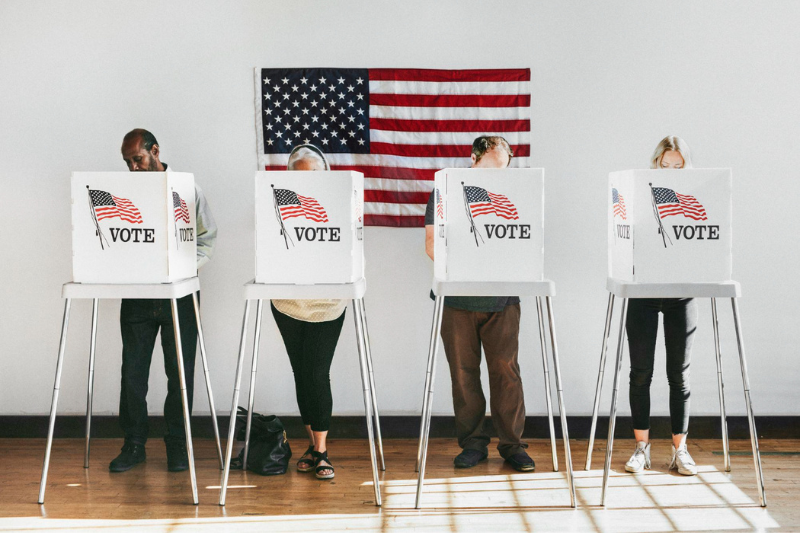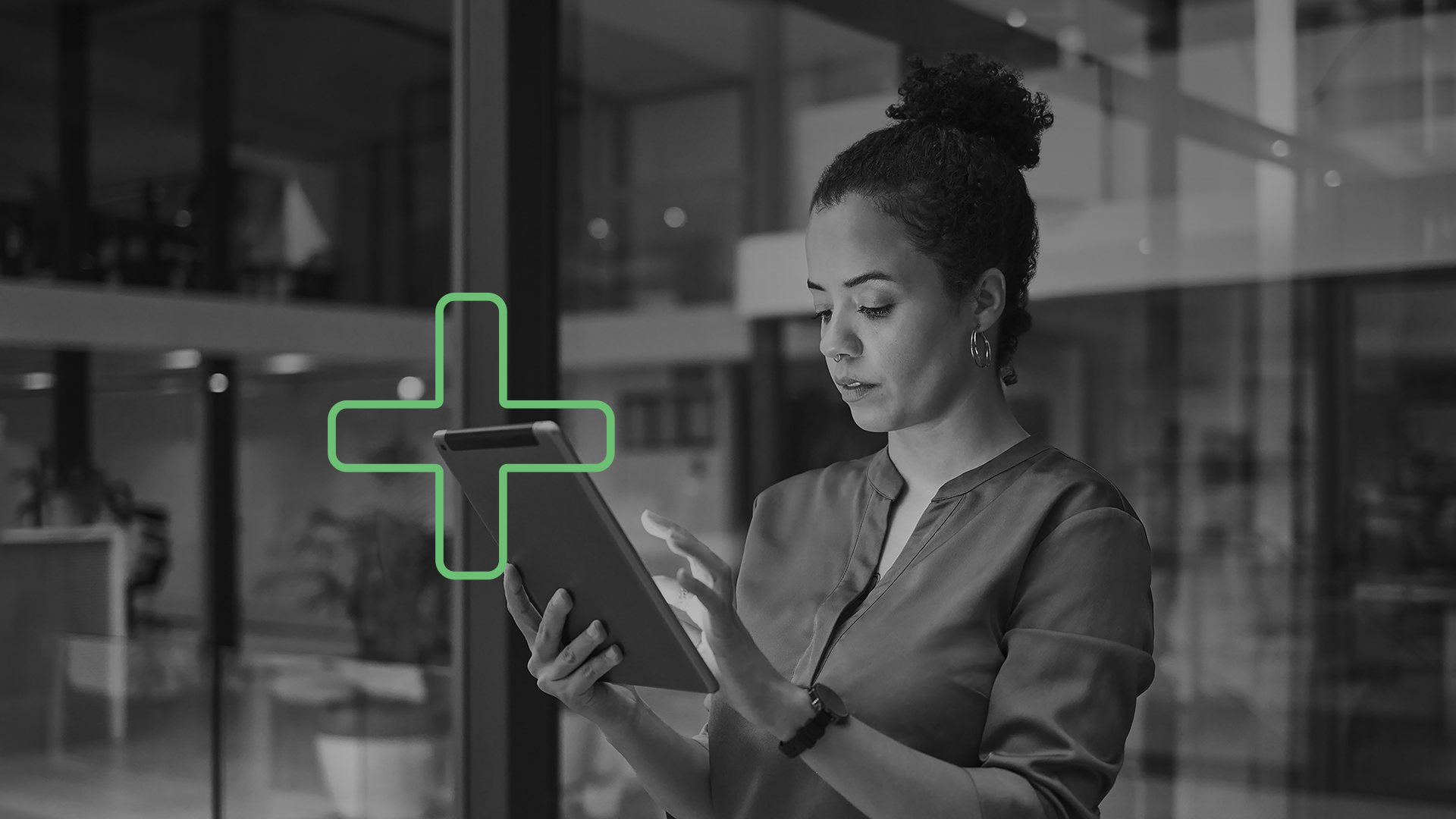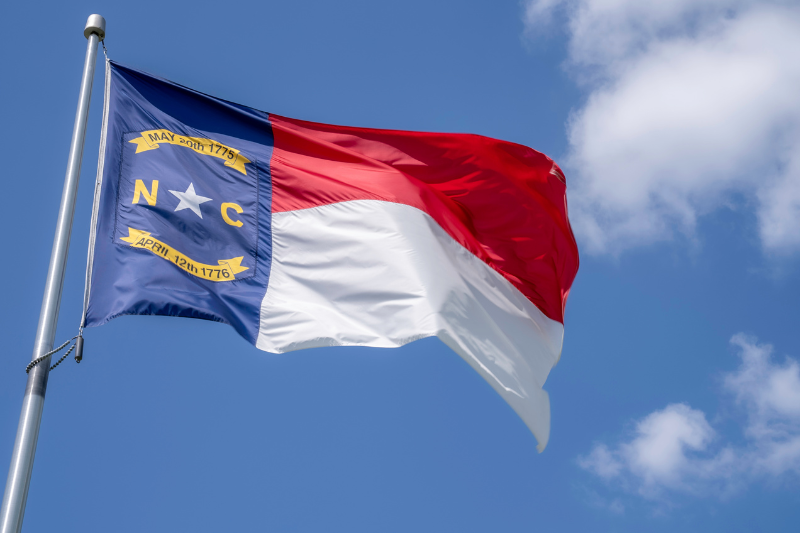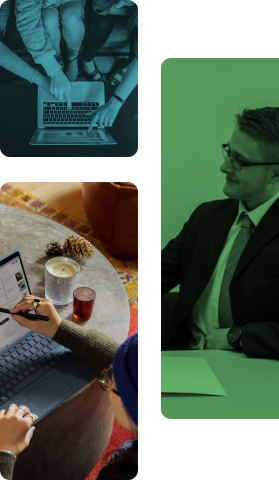It’s Time to Use Consumer Data for the Greater Good
Harness the power of consumer data to improve more than your bottom line.
The insights industry talks a lot about how consumer data and research can benefit businesses, but they can also benefit the world. In recent years, data earned a bit of a bad reputation in the public realm, as a few bad actors used consumer data unethically. Public tolerance for this behavior is low.
On his podcast, Pivot, Scott Galloway discusses one recent example of this when Google faced the possibility of an antitrust suit from the U.S. Department of Justice. He examines the difficulty in deciding who is the worst of these bad actors, and believes Facebook is a worse offender when it comes to unscrupulous uses of consumer data. Discerning who uses data for negative purposes presents as much of a struggle as navigating the balance between privacy and insights.
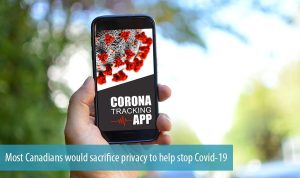 These are issues that define modern society. What the pandemic has shown us, however, is data harnessed properly can be used to benefit everyone in a society. We have also seen an increase in willingness from the public to have their information used for these purposes, as demonstrated in a recent report by KPMG.
These are issues that define modern society. What the pandemic has shown us, however, is data harnessed properly can be used to benefit everyone in a society. We have also seen an increase in willingness from the public to have their information used for these purposes, as demonstrated in a recent report by KPMG.
The Pandemic Redefined Consumer Data Privacy Needs & Expectations
Since the outbreak of COVID-19 the open sharing of anonymized data between organizations increased. This was a hitherto unheard-of idea. Previously, any information an organization had access to was for its use and its use alone. There were many good reasons for this – information security being top among them – but it also limited the ability for collaboration and cross-pollination. Through the pandemic, we saw private corporations share information with government organizations and vice versa to better understand pandemic living conditions and how to best support consumers during this time.
Methodify Partnered with the Centre for Addiction & Mental Health for COVID-19 Data
A great example of pandemic partnerships, Methodify and the Centre for Addiction and Mental Health (CAMH) paired up to aid the mental health researchers at CAMH, who conducted nine surveys over the course of almost two years through the platform. All that data was made available, free of charge, to help other organizations better understand the mental health and substance use of Canadians during COVID-19.
If everyone continues with this cooperative approach, what other issues might we better address as a society?
Data Sharing, ‘Democratization of Data’ Helps Detect Patterns Earlier & with Increased Reliability
Information sharing allows for patterns to be detected earlier on and with more reliability. These patterns reveal probable future outcomes we may then address proactively, instead of having to react at the moment when they happen.
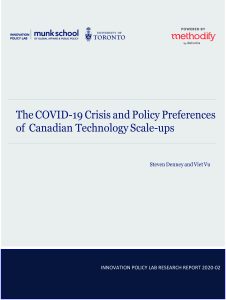 We can never predict the future, but we can use data to actively understand trends and in turn develop strategies that will serve all those involved in a positive way. For instance, the Munk School of Global Affairs at the University of Toronto conducted a study titled The COVID-19 Crisis and Policy Preferences of Canadian Technology Scale-Ups, which revealed the top concerns of this group that is so pivotal in the Canadian economy. By making these insights available, governments may make better policies and decisions to both help and encourage these businesses in the best ways possible while planning for a variety of future scenarios.
We can never predict the future, but we can use data to actively understand trends and in turn develop strategies that will serve all those involved in a positive way. For instance, the Munk School of Global Affairs at the University of Toronto conducted a study titled The COVID-19 Crisis and Policy Preferences of Canadian Technology Scale-Ups, which revealed the top concerns of this group that is so pivotal in the Canadian economy. By making these insights available, governments may make better policies and decisions to both help and encourage these businesses in the best ways possible while planning for a variety of future scenarios.
In a similar vein, “democratization of data” usually refers to giving more stakeholders in a company access to the data being used to make key business decisions. This extends into the wider world as well. As the collection of consumer data increases exponentially across programs and devices, shouldn’t those consumers have a stake in it themselves? If their data is used to improve not only their lives, but the lives of everyone around them, then we see the democratization of data at a societal level.
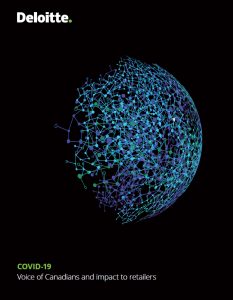 The process of gathering consumer data becomes a two-way street where everyone can benefit. For example, Deloitte released a free report titled COVID-19: Voice of Canadians and Impact to Retailers. This allowed consumers to have their voices heard, while simultaneously allowing retail businesses to benefit from the data collected and make the necessary adjustments, and potentially mitigate the economic impact of the pandemic country wide.
The process of gathering consumer data becomes a two-way street where everyone can benefit. For example, Deloitte released a free report titled COVID-19: Voice of Canadians and Impact to Retailers. This allowed consumers to have their voices heard, while simultaneously allowing retail businesses to benefit from the data collected and make the necessary adjustments, and potentially mitigate the economic impact of the pandemic country wide.
Consumer data is powerful but has also been controversial. It is critical to always ask why the data is being gathered, to ask if it serves a higher purpose. Many brands who begin to dig deeper into consumer data and insights do so in an effort to be more consumer-centric. What if we expand that ethos beyond the confines of business and begin to use data to be more human-centric as a society? The current pandemic has created a shift in the world’s approach to consumer data, and if we can continue with these changes, data can truly be used for the greater good.




 5 Minutes
5 Minutes 




